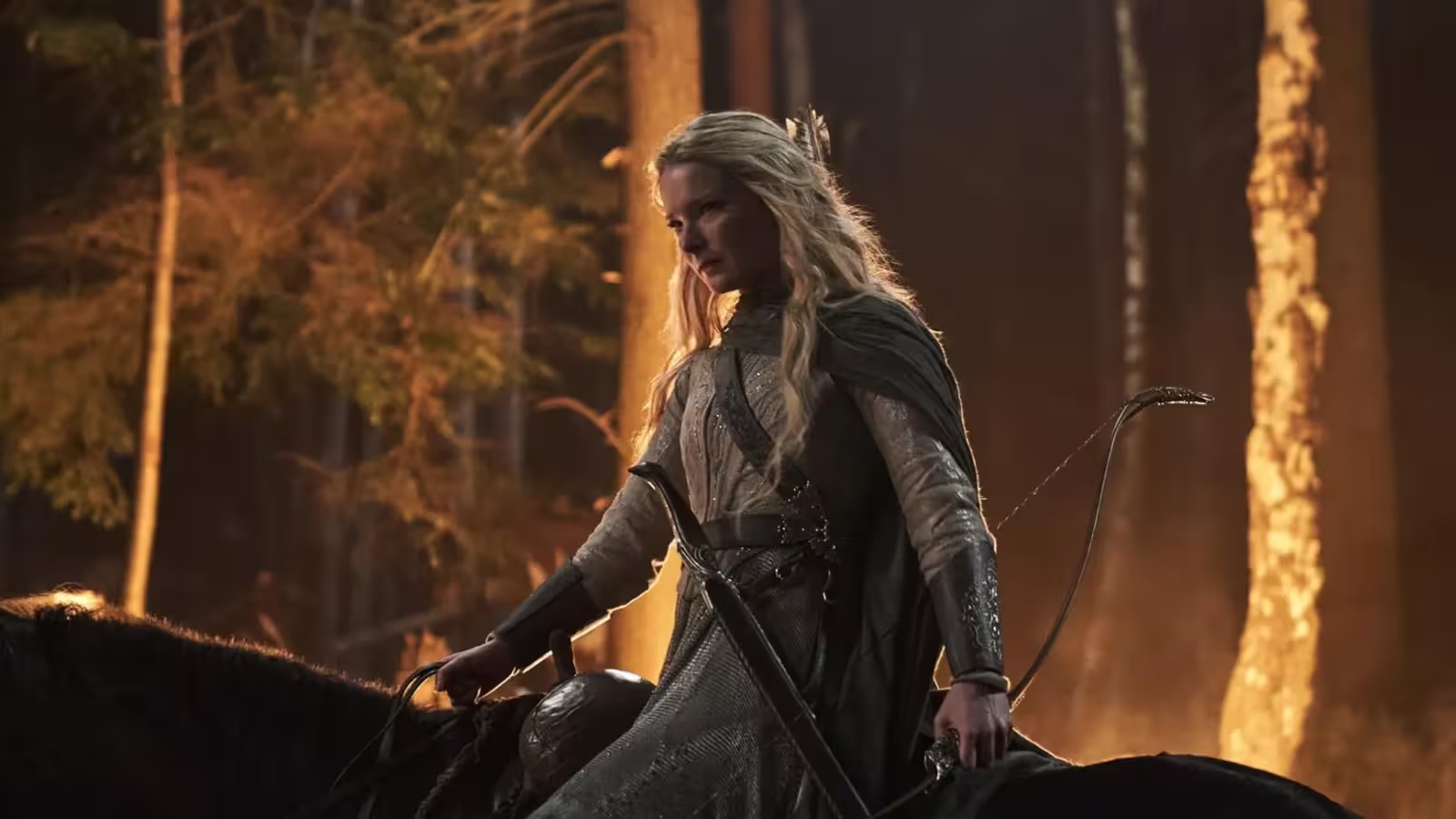5 Minutes
Amazon Prime Video has stunned the fantasy TV world by cancelling one of its most promising and acclaimed series, The Wheel of Time, just as it was gaining momentum and captivating a loyal fanbase. This controversial move has raised eyebrows among movie, series, and fantasy fans globally, especially in the wake of underwhelming performances by other high-budget Prime Video productions.
The Rise and Sudden Fall of The Wheel of Time
The Wheel of Time, adapted from the epic novels by Robert Jordan, debuted on Amazon Prime Video with high expectations. The series brought a breath of fresh air to the world of fantasy television, mixing intricate storytelling, sweeping world-building, and rich character development. While initial episodes drew mixed reactions—some book purists critiqued deviations from the source material and brisk pacing—subsequent seasons won over critics and much of the fandom with clear progress in narrative depth, special effects, and cast performances.
By season three, The Wheel of Time had truly found its footing. The storylines were carefully woven together, character arcs became more defined, and the visual effects team outdid themselves with cinematic action sequences. The season finale was hailed as one of the most gripping episodes in contemporary fantasy television, sparking vibrant discussions across social media and online forums.
Cast, Crew, and Production Mastery
The Wheel of Time boasted a talented and diverse ensemble cast, including Rosamund Pike, Daniel Henney, Zoë Robins, and Josha Stradowski. Their performances brought the vast and magical world of "Randland" to life, supported by a behind-the-scenes crew skilled in adapting dense source material for television. The production was ambitious, with sprawling sets shot in exotic locations, intricate costumes, and a soundtrack that enhanced every emotional twist.
Despite budget constraints compared to some other major productions, the show proved that creativity and heart could deliver more impact than mere financial splurges. Season three in particular was seen as evidence that The Wheel of Time was positioning itself as a flagship series for fantasy enthusiasts.
Critical Response and A Dedicated Fandom
Unlike many large-scale screen adaptations, The Wheel of Time enjoyed both critical acclaim and a fervent online fanbase. Critics routinely praised the series for its bold adaptation choices, character-driven storytelling, and consistently improving artistic direction. Meanwhile, fans—old and new—started campaigns for its renewal, flooding social media with #SaveWoT and petitions addressed to Amazon Prime.
Notably, even those skeptical about the creative liberties eventually acknowledged the show's evolution. The series championed diversity, introduced LGBTQ+ representation, and didn't shy away from updating dated tropes for modern audiences. Yet, these changes also sparked debate among some book fans, exposing a rift between diehard loyalists and those ready to embrace a fresh take on a beloved saga.
Rings of Power vs. The Wheel of Time: A Tale of Two Fantasies
Amazon Prime Video's cancellation of The Wheel of Time is even more bewildering when compared to their decision to double down on The Lord of the Rings: The Rings of Power. Once heralded as the next Game of Thrones, Rings of Power has seen viewership plummet by over 60% since its premiere. Despite its record-breaking budget and massive marketing campaign, it has received lukewarm reviews and intense criticism from Tolkien fans for story gaps and lackluster writing. Viewers described it as inconsistent, with few passionate advocates online.
And yet, Rings of Power has been reportedly guaranteed five seasons—a major corporate commitment. The reasoning is simple: while the series has underperformed creatively, it has attracted more overall subscribers to Amazon Prime. However, its immense cost raises questions about long-term profitability compared to the leaner, steadily improving The Wheel of Time.
Why Cancelling The Wheel of Time May Backfire
Amazon's decision seems to hinge on minor viewership dips during The Wheel of Time's third season—despite the show's growing cultural relevance and escalating critical acclaim. With Amazon MGM Studios reluctant to walk away from its colossal investment in Rings of Power, they’ve chosen to sacrifice a series loved for its creativity and passion.
For Amazon, this strategy may prove costly. The Wheel of Time's highly engaged fanbase is already expressing outrage, with promises to cancel Prime subscriptions and move to rival streaming platforms. Meanwhile, if Rings of Power fails to deliver a stunning, Tolkien-level third season, Amazon risks losing even its casual Lord of the Rings audience.
The Current State of Amazon Prime's Content
Right now, Amazon Prime Video's roster of must-watch hits is thinning. With other critical successes like The Bondsman recently axed, only a few series—such as Reacher, The Boys, Fallout, Mr. & Mrs. Smith, Cross, and The Devil’s Hour—are maintaining buzz. Of these, only The Boys, Reacher, and Fallout truly dominate social discourse, and with The Boys ending soon, Amazon's fantasy and genre slate looks increasingly precarious.
Final Thoughts: What Does This Mean for Fantasy TV Fans?
For Lithuanian and global fans alike who crave compelling cinema, TV series, and fantasy storytelling, Amazon Prime's decision to cancel The Wheel of Time at its creative peak feels shortsighted. While mega-budget series like Rings of Power draw attention, it’s character-driven, passionate projects like The Wheel of Time that keep audiences engaged in the long term. Only time will tell if the platform's gamble pays off—or if they ultimately lose both fantasy fans and their reputations as curators of top-quality streaming content.


Comments